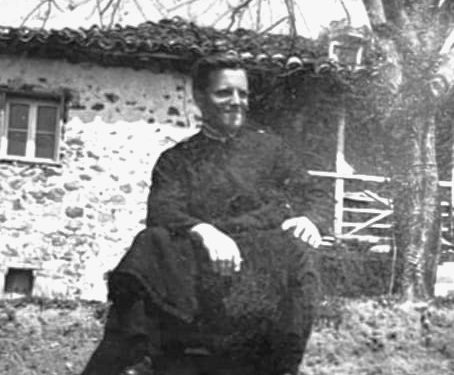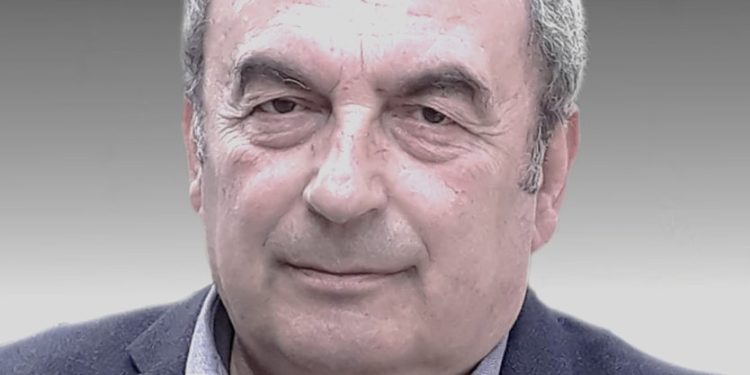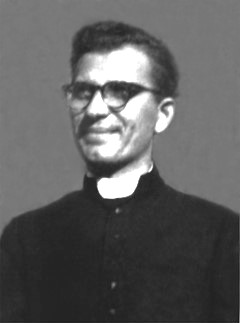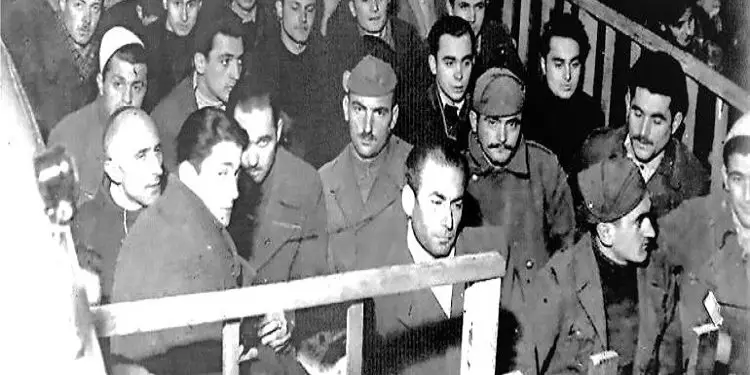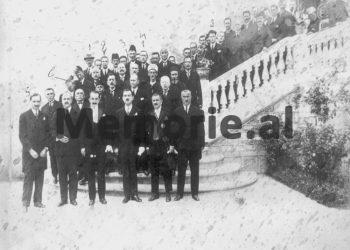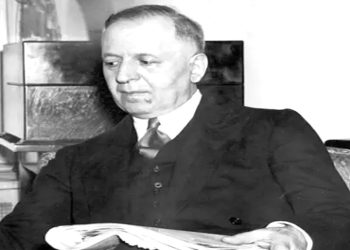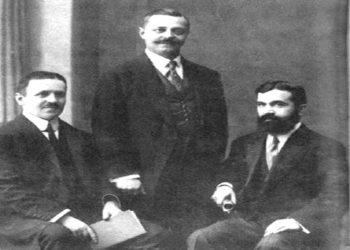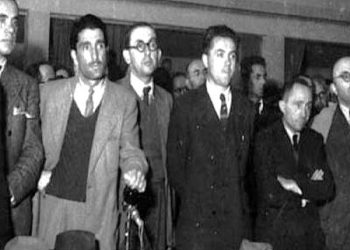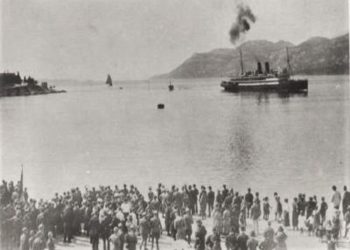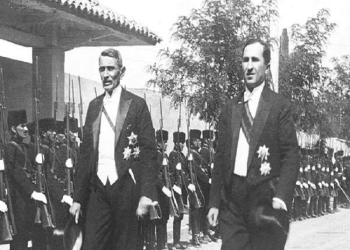By Ndue Dedaj
Memorie.al / The elders remember: “Father Zefi came to Perlat at a young age, where he served from 1937 to 1943. He learned the Albanian language from the priest of Malaj, Father Mati Fishta. He had a good name among the people. He encouraged the people of our area to get an education; he himself sent a young man from Perlat to study in Germany. He was a knowledgeable man, had a rich library of artistic books, liked to convey the culture of his country, but never failed to appreciate the virtues of Albanians.”
We collected the first data about the missionary activity in Albania of Father Josef Marxen in the mid-90s and published it in the form of a short portrait in the book “Toka e Katedraleve” (The Land of Cathedrals), just as we did with other clerics of the Mirdita Abbey.
About 15 years ago, his great-niece, Cäcilia Giebermann, came looking for him. Together with two of our friends from Rrëshen, we went to Malaj and Perlat, to the church of St. Vlash and that of St. Mary, respectively, where Father Zefi had served, as well as to some families there, where we spoke with elderly people who had known him and who still had some photographs with the German priest. Meanwhile, Cäcilia would reveal his origin.
Antonius Joseph Marxen (Father Josef Marxen) was born in Germany, in Worringen, today part of the Cologne city district, on August 2, 1906, into a large Christian family. On June 21, 1936, he was ordained a priest for the Archdiocese of Durrës by the Cardinal Archbishop of Munich, Michael von Faulhaber, who in 1951 would also ordain the young Joseph Ratzinger, later Pope Benedict XVI, as a priest.
That same year, the young Josef arrived in Mirdita, where on November 1, 1937, he was appointed parish priest in Perlat. He was a colleague of another German missionary, Father Alfons Tracki, who had served in Velipoja. He served as a parish priest in the two parishes of Kthella for six years. His name appears in several damaged church registers. The elders remember: “Father Zefi came to Perlat at a young age, where he served from 1937 until 1943. He learned the Albanian language from the priest of Malaj, Father Mati Fishta. He had a good name among the people. He encouraged the people of our area to get an education; he himself sent a young man from Perlat to study in Germany. He was a knowledgeable man, had a rich library of artistic books, liked to convey the culture of his country, but never failed to appreciate the virtues of Albanians.”
In 1943 he was transferred to Jubë, Sukth (Durrës district), where he stayed until his arrest, about which Father Zef Pllumi has written, just as Father Ndoc Nogaj mentions him among the martyred priests.
The Diocese of Rrëshen, in a recent announcement, made it known that they had hosted a group of friends from Germany, who had come together with the great-niece of the Blessed Father Josef Marxen, Dr. Cäcilia Giebermann: “After the meeting in our Episcopal Curia, we all together commemorated Father Zefi (Josef), visiting some of the places where he served as a priest in Mirdita.
Father Zefi’s great-niece had reserved an emotional surprise for us. She had brought a “banner” from Germany that Father Zefi used during Mass celebrations and took with him everywhere. When he was arrested, a man from Durrës had kept the “banner,” which he had gifted to her in recent years, as she was interested in the places where Father Zefi had served in Albania. That “banner” depicts the image of St. Anne and her daughter, the Blessed Virgin Mary.
Father Zefi was arrested twice. The first time he was released after the intervention of the elders of the village of Jubë, with the Muslim Lam Asllani at the head. Two or three weeks later, in February 1945, he was arrested for the second time in Shijak and from there was sent to Tirana to the special prison, where Father Lazër Shantoja and Father Frano Kiri were also held.
He was sentenced to two years in prison without any testimony against him, but this was not considered enough by the communist regime, and finding no other way to eliminate him, under the pretext that they were sending him to Germany, one night the police took him from the Tirana prison and shot him in a forest on the way to Kukës. Father Zefi was 40 years old. A few days before they disappeared him, he had said: “I am happy that I will always be remembered by Albanians, as a priest of the faith of Christ.” / Memorie.al




